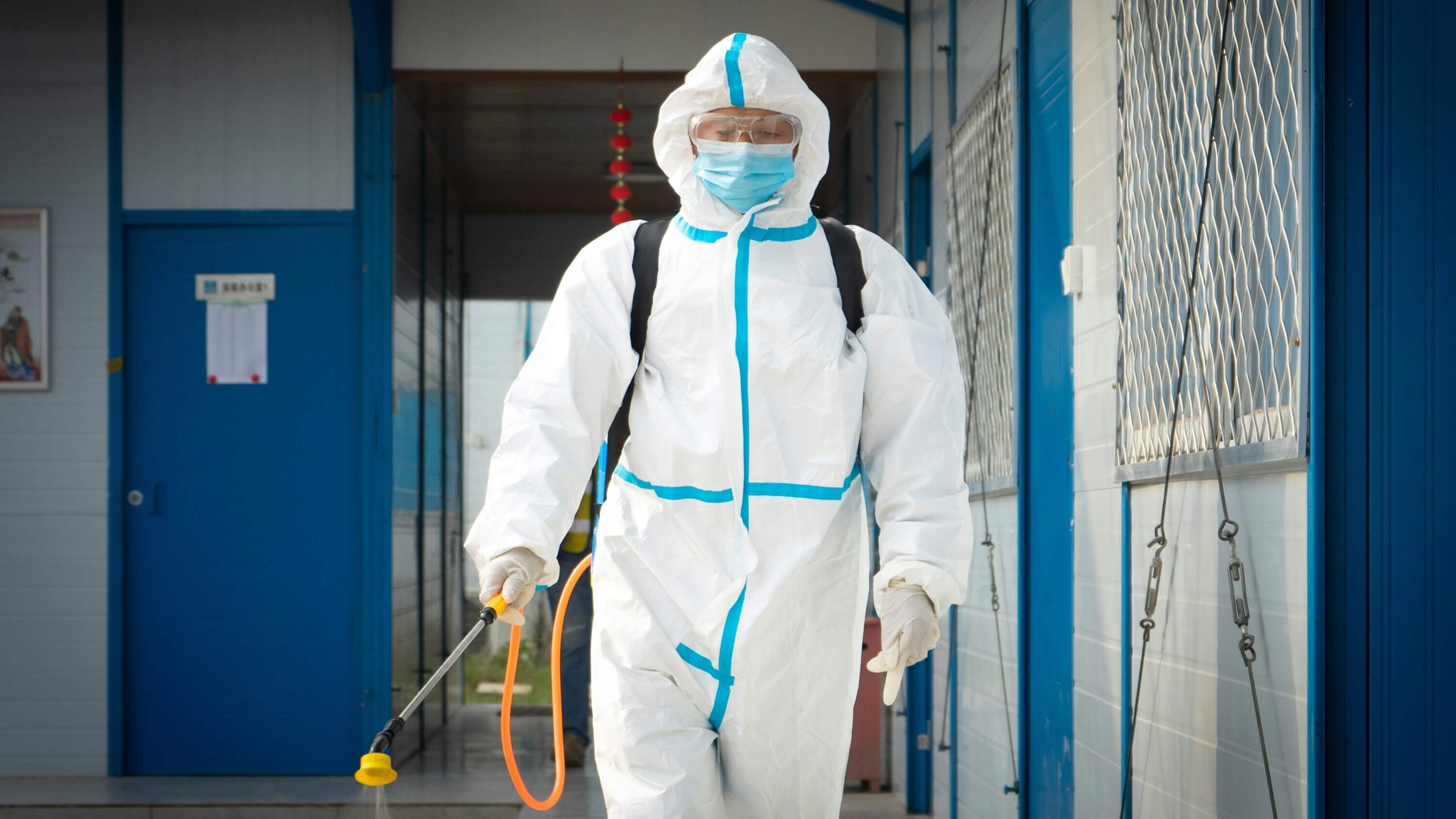
In May 2024, the International Science Council (ISC) and the United Nations Office for Disarmament Affairs (UNODA) have been jointly awarded a grant by the Geneva Science Policy Interface to strengthen the Biological Weapons Convention (BWC).
This initiative is a significant step toward integrating scientific advancements into the operations of the BWC, addressing the critical need for a structured mechanism to review relevant science and technology developments.
The Biological Weapons Convention (BWC) effectively prohibits the development, production, acquisition, transfer, stockpiling and use of biological and toxin weapons. It was signed in 1972, came into force in 1975 and currently has 185 States Parties.
The BWC currently lacks a structured mechanism for systematically reviewing relevant science and technology developments. This initiative addresses this need, highlighted during the recent Ninth BWC Review Conference (December 2022), with the aim to integrate scientific developments into the convention’s operations, particularly through scientific review and verification mechanisms.
The ISC project “Science-policy synergies for the Biological Weapons Convention” fosters collaboration between BWC delegates and scientific experts, developing methodologies that build mutual understanding and trust. By facilitating targeted discussions and creating tailored knowledge products, the initiative aims to equip delegates with tools to tackle current and future biological threats, enhancing the BWC’s effectiveness in global biosecurity.
The ISC has assembled a panel of esteemed experts from diverse disciplines and regions, drawn from candidates proposed by its Members. These individuals bring a wealth of knowledge and experience, with expertise spanning disarmament, life sciences, and international cooperation.
The primary aim of this initiative is to create a collaborative platform where scientific insights can inform policy discussions within the BWC. Experts will interact with delegates, provide independent scientific advice, and produce knowledge products that facilitate understanding between scientists and policymakers. Activities will include online briefings, the production of informational videos, and participation in BWC meetings.
The initiative will focus on three critical topics:
The ISC Expert Group is poised to make a significant impact on the BWC’s effectiveness in addressing biological threats. Through collaboration and scientific insights, we aim to ensure that the BWC remains a robust framework for global biosecurity.